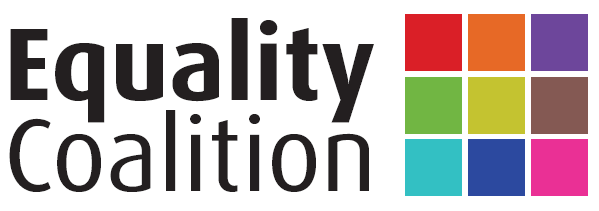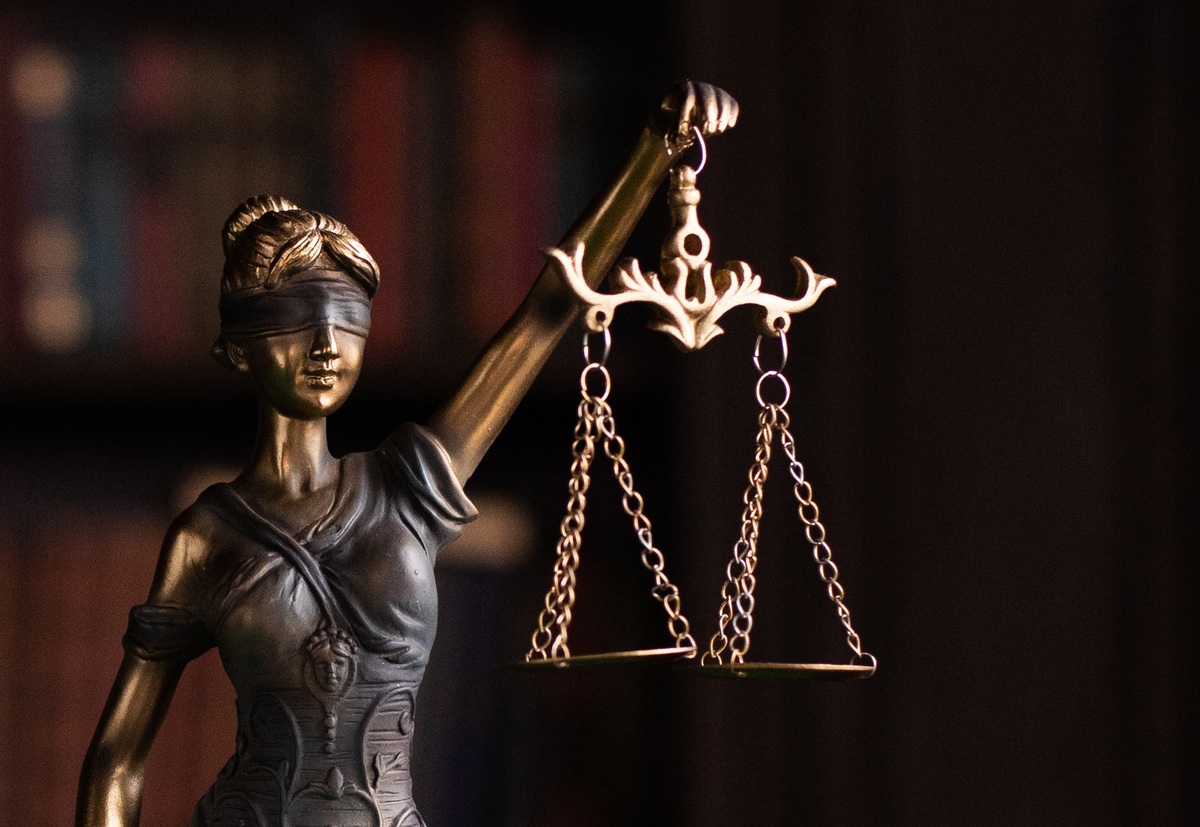Our work
Solidarity
Why is solidarity so important?
Solidarity is a basic value in human rights. At its core, solidarity is about people supporting each other – it means unity of feeling or action, and providing reciprocal support, especially among individuals with a common interest. A human rights approach to the world means extending this recognition of mutual interest to all human beings, but especially to those whose rights are being denied or abused. By working together, we can strengthen rights and equality not just for ourselves, but to the benefit of everyone. We all gain when the rights of others are promoted and protected. CAJ therefore views solidarity not simply as an abstract principle, but also as a key method of working. Some examples of our current partnerships are given below!
The Equality Coalition is a broad civil society alliance of more than 100 NGOs and trade unions dedicated to promoting equality and compliance with Section 75 within Northern Ireland. It is co-convened by CAJ and UNISON.

Comprised of experts from CAJ and Queen’s University Belfast (QUB), the Model Bill Team has worked for almost a decade to find human rights compliant solutions to the legal and political challenges regarding dealing with the past in Northern Ireland.

CAJ maintains international links with originations across the globe that are working to advance human rights and equality.

CAJ is one of four organisations in the Human Rights Partnership, together with the Public Interest Litigation Support Project (PILS), the Human Rights Consortium, and Participation and Practice of Rights (PPR). We engage regularly with our partners, including on joint projects.